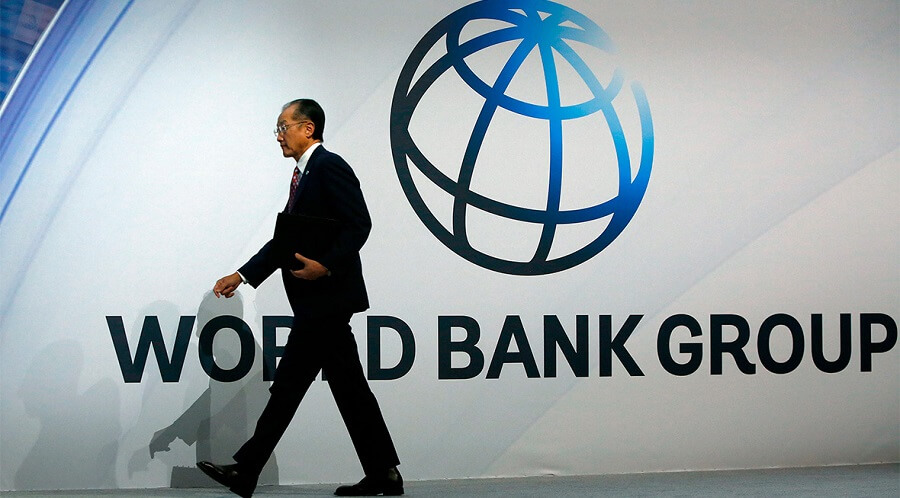…Says ‘Business As Usual’ Economic Management Not Delivering Desired Outcomes
The World Bank has reduced Nigeria’s 2022 growth forecast to 3.1 per cent from a previous forecast of 3.8 per cent.
Advertisement
In its latest Nigeria Development Update (NDU), launched in Abuja on Thursday, the bank said that the nation had to make hard choices or face a worse economic downturn, in the months and years ahead.
It said that the revision was due to slow economic growth in the third quarter from a year earlier, dragged down by the oil sector and a weak performance in other areas of the economy.
The bank forecast growth to slow 2.9 per cent next year.
It said, “The World Bank now projects that real GDP will grow by 3.1 percent in 2022 and 2.9 percent in 2023–24, 0.3 of a percentage point lower than the previous projections at the time of the June 2022 NDU.
Advertisement
“Nigeria’s economic performance has weakened since the previous was published in June 2022 under the title of ‘The Continuing Urgency of Business Unusual.’
“Despite favorable global oil prices, ‘business as usual’ economic management is not delivering desired outcomes and, even if a crisis is avoided in the near-term, long-standing policy and institutional challenges are persisting and severely constraining the economy.”
It observed that the global economic environment has weakened, with economic activities in most major countries having slowed in 2022 amid high inflation and central banks shifting toward contractionary monetary policies.
It said, “External and fiscal pressures have continued to grow, despite elevated global oil prices. Oil price booms have historically supported the Nigerian economy but this has not been the case in 2021–22.
“The average price of crude oil increased by over 150 percent from 2020 to 2022, yet Nigeria’s macroeconomic performance has weakened over this time, and its fiscal space has shrunk.
Advertisement
“There are two reasons why Nigeria is not benefiting from high global oil prices: First, lower oil production: As a result of high production costs, theft and insecurity, joint-venture cash-call arrears, and inadequate investment, Nigeria’s crude oil output has been falling since 2020 and has consistently been below its Organization of the Petroleum Exporting Countries (OPEC) quota since June 2020.
“Second, the ballooning cost of the petrol subsidy: The continuation of the petrol subsidy (deducted directly from oil revenues) implies forgone fiscal revenues of 2.5–2.7 percent of GDP in 2022. This, combined with the protracted decline in oil production, has resulted in the lowest levels of net oil revenues (in percent of GDP) being transferred to the government in over a decade.”
The bank warned, therefore, “If Nigeria continues with “business-as-usual” policies, the country will effectively be choosing a path that will lead to people’s prospects being hindered.”
The cut us coming about a week after the IMF reduced Nigeria’s 2022 real GDP growth forecast down to three per cent from 3.4 per cent earlier, citing weak oil production and the adverse effects of recent flooding.
The National Bureau of Statistics had on November 24 put Nigeria’s Gross Domestic Product (GDP) at 2.25 per cent year-on-year in the third quarter of this year.
The 2.25 per cent for the third quarter of this year is the slowest growth since the Covid-19 pandemic.
Advertisement
The Q3 2022 growth rate decreased by 1.78 per cent points from the 4.03 per cent growth rate recorded in Q3 2021 and decreased by 1.29 per cent points relative to 3.54 per cent in Q2 2022.
The Bureau had blamed the decline on the base effects of the recession and the challenging economic conditions that have impeded productive activities.



